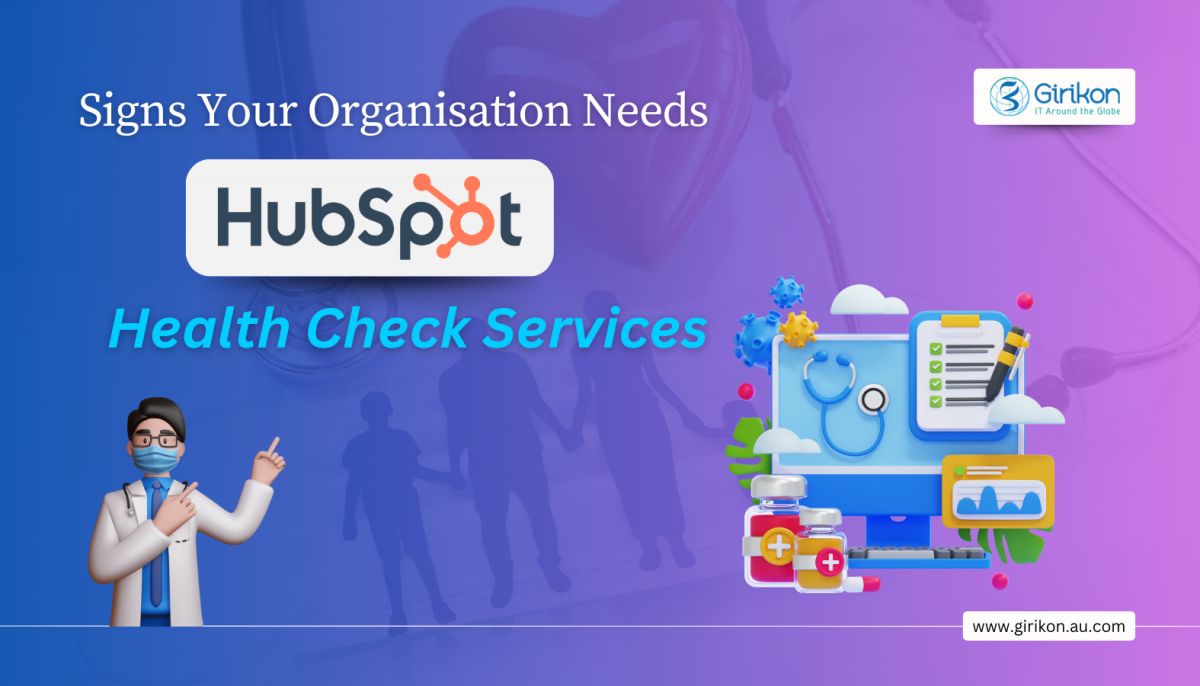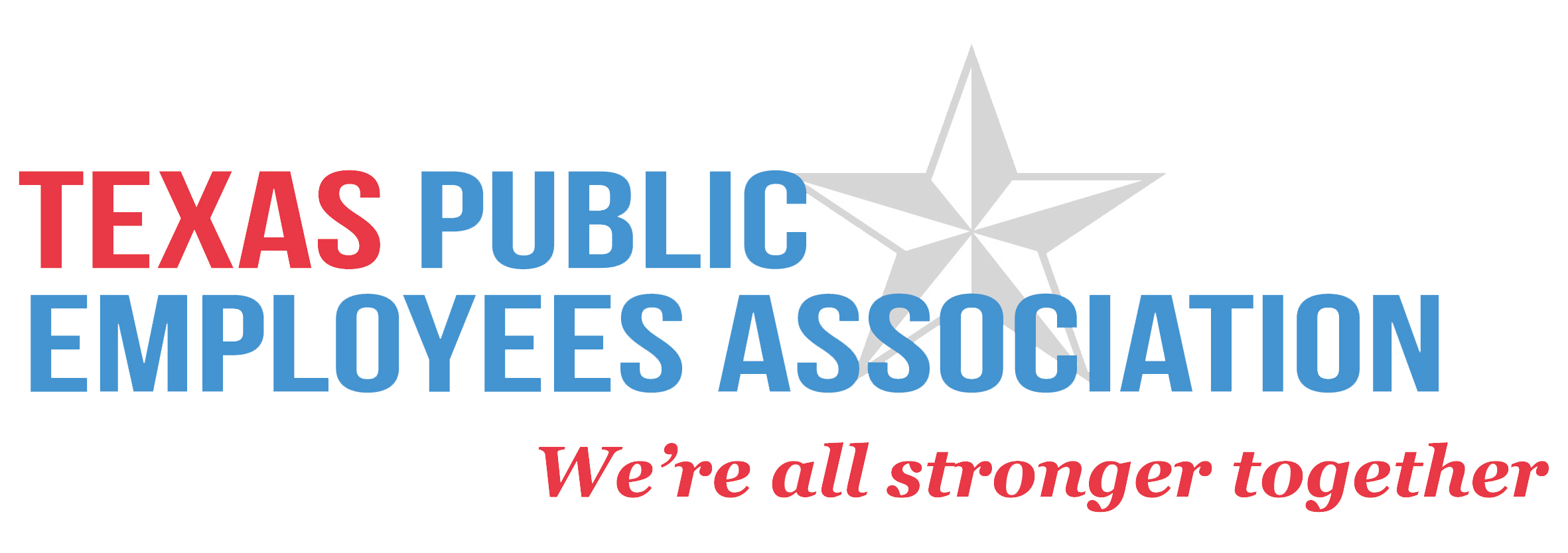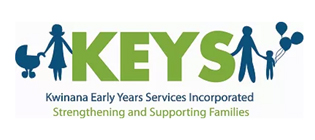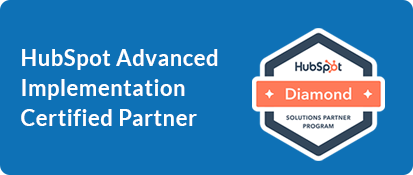Our Blogs
The construction industry is one of the most competitive and fast-paced environments in the world. The difference between a successful company and a failed one lies in the ability to secure new opportunities quickly and manage projects effectively. Consequently, construction industry leaders around the globe are trying to build customer relationships, increase operational efficiency and deliver projects on time, and to do so they are looking for a robust CRM that can meet all their needs. Salesforce for Construction provides companies with industry-specific solutions, to suit the need of construction companies.

Let’s look at some of the ways in which Salesforce can help your construction and building services companies:
1. Contractor Management
Contractors might work with different construction or building services companies at the same time, so they want to control their schedules. Traditionally, managing contractors in the frontline services industry can be a challenge due to the lack of technology that can give project managers visibility into contractors’ availability. Salesforce’s Shift Management is thus very useful because it allows managers to add shifts and enables contractors to set up availability for managers to schedule their work time.
2. Visibility into Business Units
Most construction businesses usually have quite a few divisions, and lack of visibility between different business units is often a challenge to big construction companies. With Salesforce, however, salespeople can record data on their activities and products in Sales Cloud, enabling everyone in every team, branch, and subsidiary to see how a project progresses. This saves employees from entering one piece of data into different systems and gives them the necessary real-time knowledge about prospects or customers so that they can collaborate better across departments.
3. Pipeline Management
Within the Salesforce environment, members of the sales team can see where prospects are in the sale cycle, from lead to opportunity stages. Besides, for some Salesforce CRM Analytics editions that include Pipeline Inspection, sales strategists can deep dive into the pipelines of different users and teams. They can access the score of an Opportunity and any recent changes to that Opportunity, such as the updated amount and stage will be reflected in that view. They can also access AI-generated insights that help close the deal faster, including insights from emails, call recordings, and cases.
4. Sales Mapping
Embedded in Sales Cloud, Salesforce Map is a visualisation tool that helps sales reps pinpoint top prospects on a map and prioritise them based on Einstein score or potential revenue. From the map, sales members can add online appointments or in-person visits with leads on their calendars, as well as access directions and guidance on how to travel safely to sites. This tool can be accessed from mobile devices, allowing reps to capture notes quickly throughout their visits and providing other team members with the most updated insight into field activities. Minimal manual data entry is required too as activities are entered and mileage is logged automatically, helping salespeople to focus on what they do best: selling.
5. Salesforce Analytics
Salesforce provides its users with many different types of Reports and Dashboards that do not require any additional setup, including Leads, Contacts, Opportunities, Account and Activities Reports, as well as Sales Dashboards. Standard and Custom Reports and Dashboards in Salesforce are very powerful and suitable for quick reporting. Moreover, if sales managers want to harness available data even more, CRM Analytics can provide them with predictive insights that help them foresee the future performance of sales reps based on their current performance or the likelihood of winning a deal. Leaders can thus take quick and necessary action, such as helping team members with poor performance or targeting the pain points of prospects to improve the outcomes for their organisation.
In short: Not a lot of companies in the construction and building service sector keep themselves up to date with technology because of the industry’s complexity and long history of operation without the involvement of IT. Some project managers still rely solely on sticky notes and spreadsheets to input data and take notes. This situation will soon change as there are plenty of ways that Salesforce for building services and construction companies can help to make everyone’s lives easier and boost revenues. If you are tired of all the redundant data entry and errors, contact a local Salesforce partner to find the most suitable solution for your company.

 +61-1300-332-888
+61-1300-332-888 +1-480-382-1320
+1-480-382-1320







































